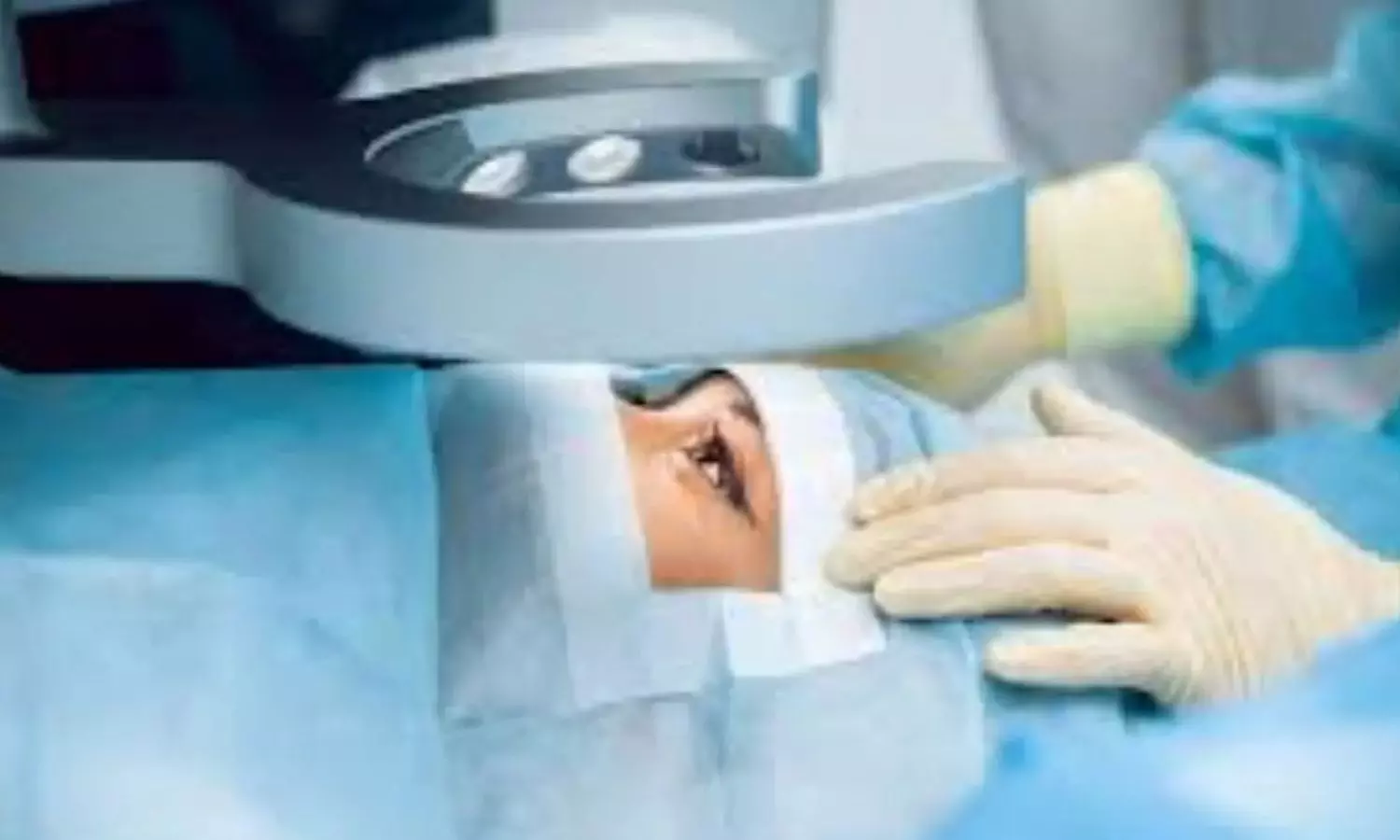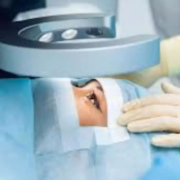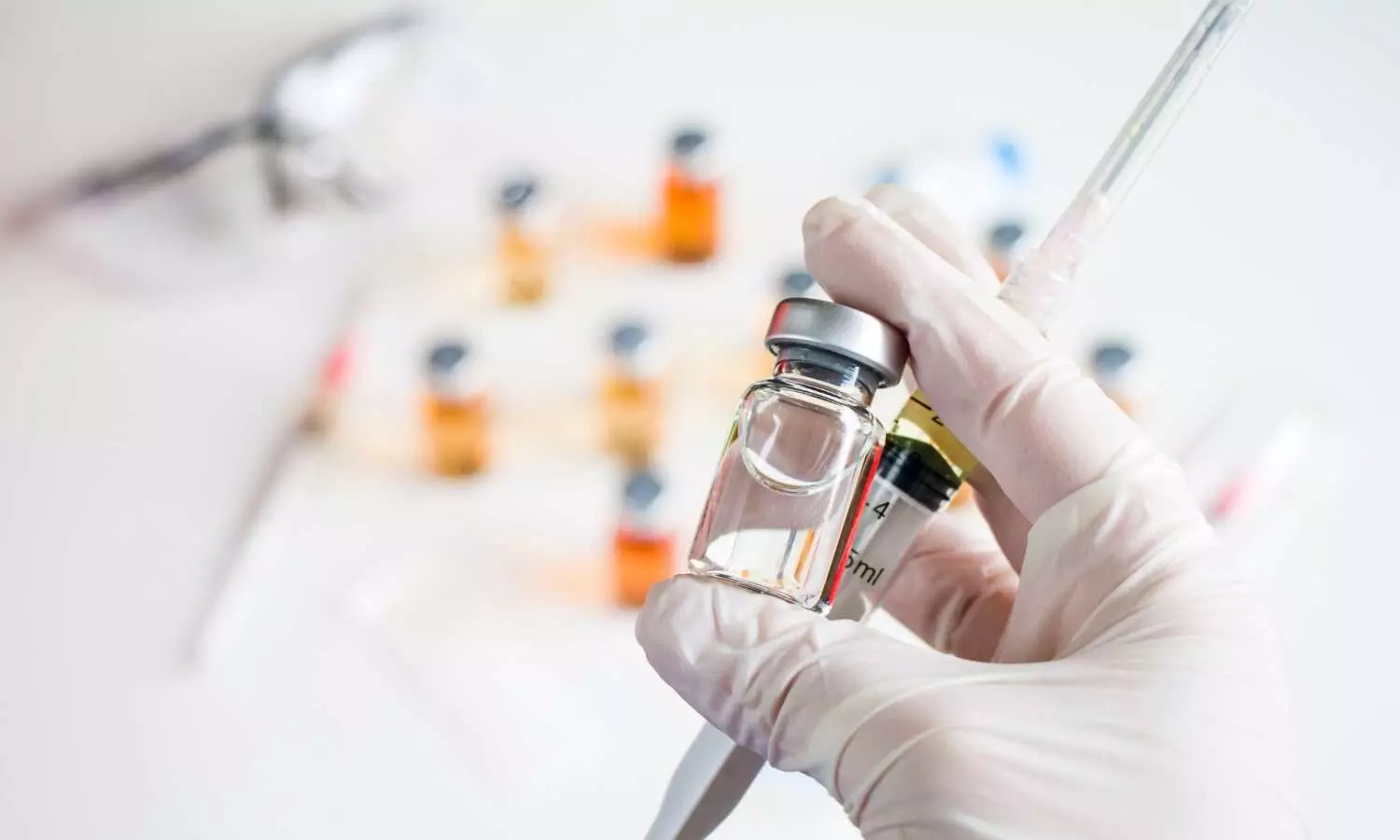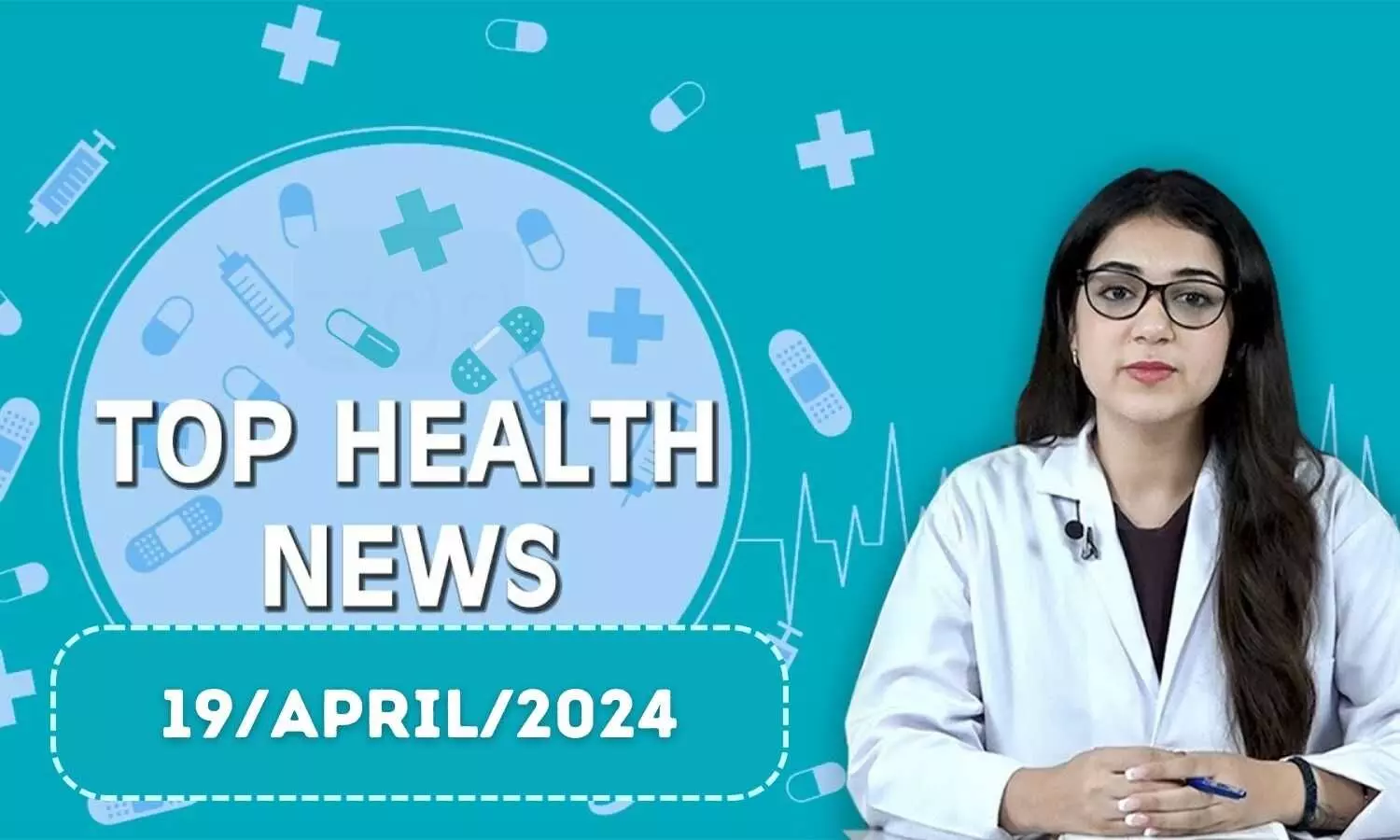Migraine History Linked to Persistent Dysphotopsia after Monofocal Lens Implantation, claims study

Dysphotopsia, characterized by the perception of visual disturbances such as glare or halos, is a common concern following cataract surgery with intraocular lens (IOL) implantation. While transient dysphotopsia often resolves spontaneously, persistent dysphotopsia can significantly impact patient satisfaction and quality of life.
Researchers have found in a new study that history of migraine was associated with increased dysphotopsia severity and decreased patient satisfaction following cataract surgery with intraocular lens (IOL) implantation.
The study published in the Canadian Journal Of Ophthalmology was conducted by Maggie J. and colleagues.
Previous studies have explored various factors contributing to dysphotopsia, including IOL design, pupil size, and optical properties. However, the role of neuroadaptation-related risk factors, such as migraine history, remains less understood. Migraine is known to involve neurovascular mechanisms that could influence visual perception and potentially exacerbate dysphotopsia symptoms.
In this retrospective cohort study, conducted at an academic institution and a private practice in Saint Louis, Missouri, researchers aimed to identify neuroadaptation-related risk factors for persistent positive dysphotopsia (>6 months) following monofocal lens implantation. Participants included adults who underwent cataract extraction with monofocal IOL implantation between January 2010 and April 2021. Exclusion criteria comprised dementia, visual pathway damage, and significant pathology causing photopsia.
The key findings of the study were as follows:
-
The study included 385 participants (385 eyes), of whom 66 experienced persistent dysphotopsia (58 positive), while 298 had none, and 21 had nonpersistent dysphotopsia.
-
Migraine prevalence was higher among individuals with dysphotopsia (21.2%) compared to those without (11.4%).
-
History of migraine was associated with an increase in Pseudophakic Dysphotopsia Questionnaire 6 (PDQ-6) score by 2.76 points (p = 0.006).
-
Six individuals in each group had Visual Aura Rating Scale (VARS) scores greater than zero.
-
The mean VARS score was significantly higher in the dysphotopsia group (0.48) compared to the non-dysphotopsia group (0.14) (p = 0.03).
-
Younger age, female sex, history of migraine, and higher VARS score were associated with lower satisfaction levels among participants with dysphotopsia.
The study findings suggest that a history of migraine is associated with increased severity of dysphotopsia and decreased patient satisfaction following monofocal lens implantation. These results underscore the importance of considering migraine history in patient selection and counseling to optimize surgical outcomes and enhance patient satisfaction. Further research with larger sample sizes is warranted to validate these findings and inform personalized approaches to cataract surgery.
Reference:
Xing, M. J., Moulin, T. A., Suresh, T., Gira, J. P., Sheybani, A., & Van Stavern, G. P. (2024). Migraine is a risk factor for pseudophakic positive dysphotopsia following monofocal lens implantation. Canadian Journal of Ophthalmology. Journal Canadien d’ophtalmologie. https://doi.org/10.1016/j.jcjo.2024.02.010
Powered by WPeMatico











